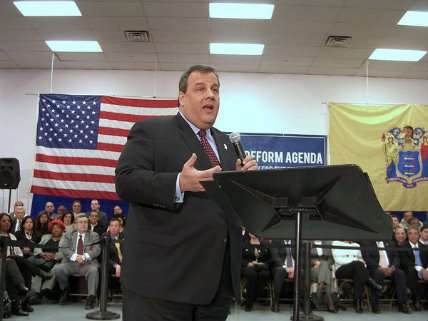Peter Suderman on the GOP's Search for an Agenda

Judging by the speeches at this year's Conservative Political Action Conference (CPAC), the Republican party's rising stars have decided that they should talk more about what principles their party stands for, and what policy ideas they favor, instead of just reiterating what they oppose.
"We've got to start talking about what we're for. And not what we're against," said New Jersey Gov. Chris Christie. "We can either make the choice to keep our head down and not rock the boat, to not stand for anything or we can stand for principle," proclaimed Sen. Ted Cruz (Texas). "We have to explain where we want to take the country, and how we want to get there," said Rep. Paul Ryan (Wisc.). Executed well, the payoff could be huge. "We are literally on the verge, if we make the right decisions, of a new American century," said Sen. Marco Rubio (Fla.).
Yet even as the parade of GOP bright lights affirmed support for a positive vision backed by productive policy ideas, most seemed to struggle to define that vision, or talk clearly about what those ideas should be. Reason Senior Editor Peter Suderman writes that the GOP has decided that it should probably stand for something—yet aside from electing more Republicans, it's still not sure what, exactly, that is.


Show Comments (0)